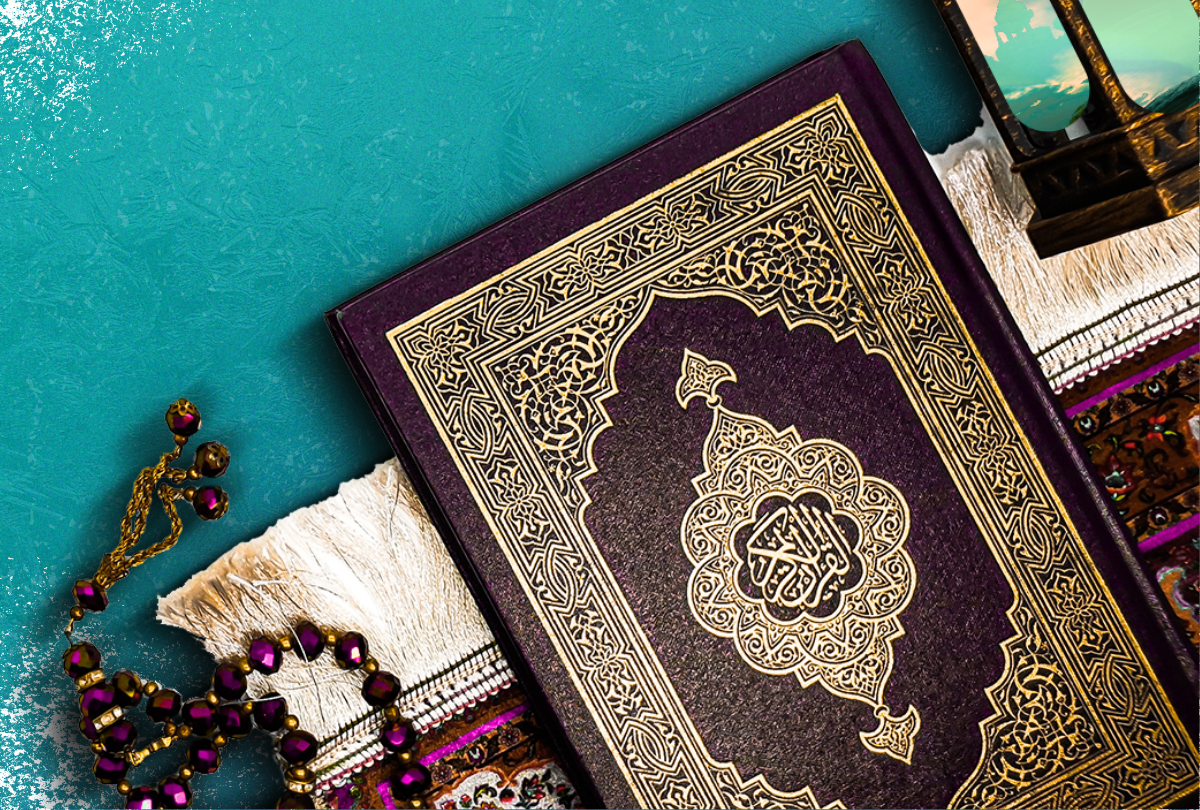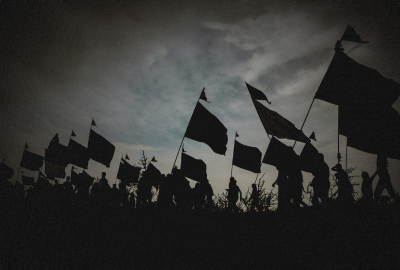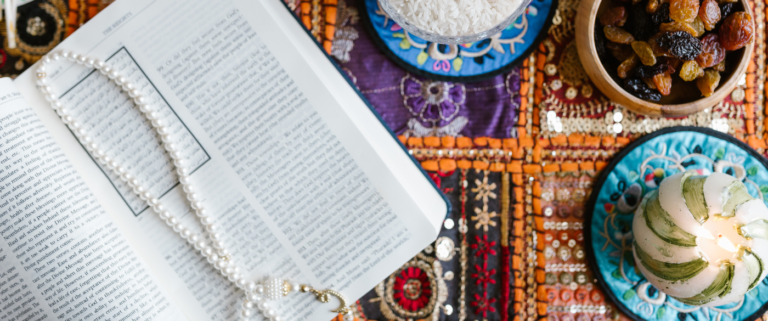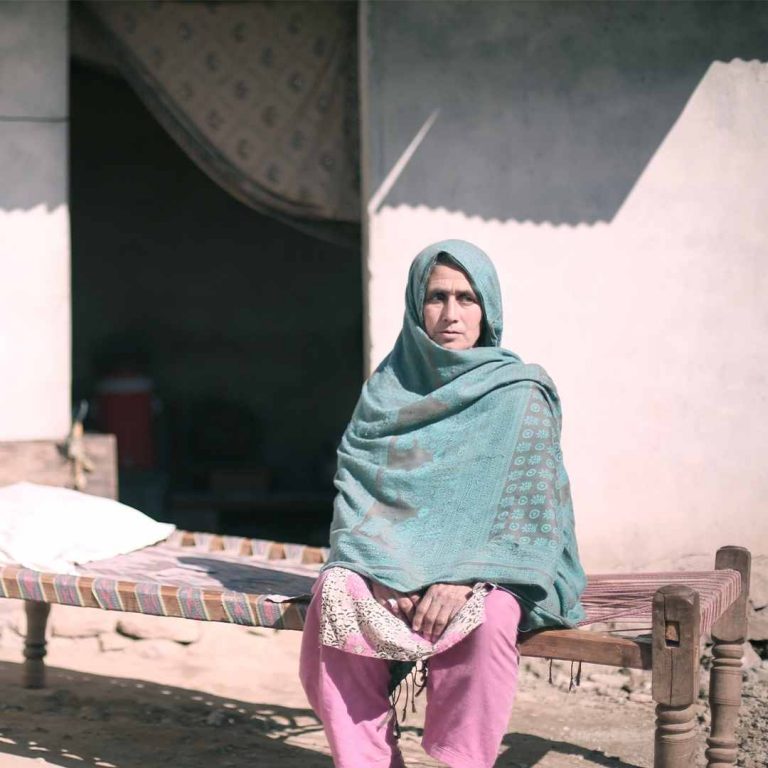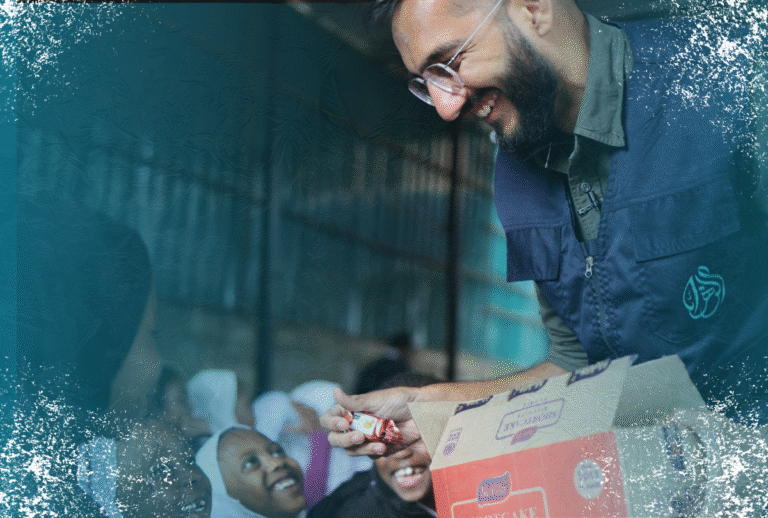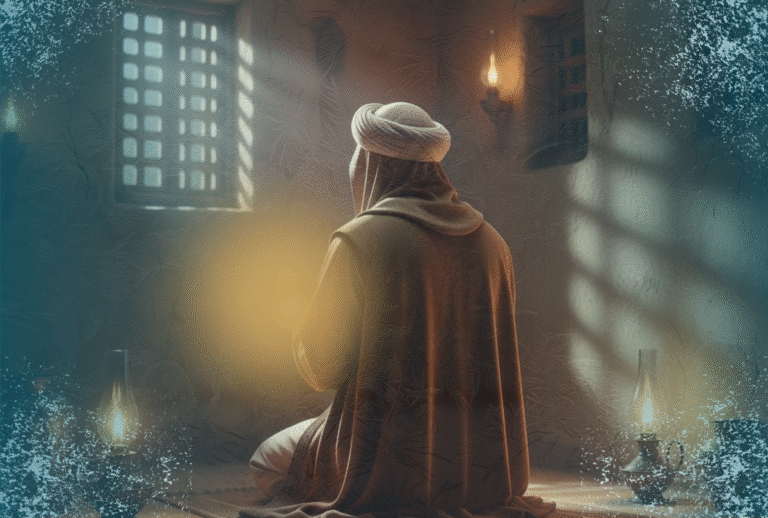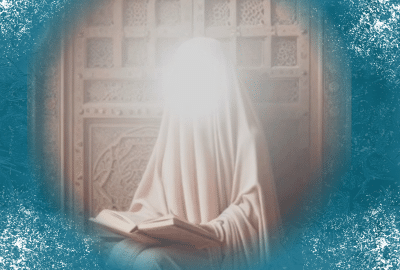What Does the Quran Teach Us About Justice and Tolerance?
In a world often divided by conflict, prejudice, and inequality, it’s natural to ask:
How can we live together in peace and fairness?
The Quran offers a timeless answer: by upholding justice and tolerance as everyday acts of faith.
These two values are not just moral choices.
In Islam, they are central pillars of what it means to believe, to belong, and to build a just society.
Today, they hold the power to unite us all in a movement of compassion and care, following in the footsteps of our beloved Ahlulbayt (as).
What Does the Quran Say on Justice and Tolerance?
The Quran calls believers to be unwavering in justice, even when it is difficult or uncomfortable.
Justice is described not only as legal fairness but as a moral responsibility; especially toward those who are vulnerable or overlooked.
The Holy Quran powerfully states:
“O you who believe! Be maintainers of justice and bearers of witness for the sake of Allah, even if this testifying is against yourselves or your parents and relatives; it should not make any difference to you whether the person (for or against whom you are testifying) is rich or poor; Allah is closest to them both…” (Quran 4:135)
At the same time, the Quran teaches that tolerance, expressed through patience, forgiveness, and respect, is not weakness, but strength.
It is a reflection of divine mercy and an essential part of living one’s faith:
“We have not sent you, O Muḥammad, but as a mercy for the universe.” (Quran 21:107)
Mercy is at the heart of Islam, and your compassion and giving is a commitment to upholding the beauty of our religion.
Justice in the Quran: Fairness, Accountability, and Compassion
The Quran defines justice as more than rules or punishment; it is the active pursuit of fairness for all, especially the oppressed.
“Surely Allah commands you, the rightful rulers, to make over the trusts to their owners and that when you judge between people, judge with justice. Surely Allah admonishes you with what is excellent. Allah is surely Seeing, Hearing.” (Quran 4:58)
Justice is also about accountability: holding ourselves and others to ethical standards, even in personal relationships or positions of power.
And most importantly, it means protecting those in need: orphans, the poor, refugees, and the marginalised.
Justice means ensuring a mother has safe shelter, a child can access education, or a family is treated with dignity regardless of where they come from.
Together, we can uphold the timeless power of the Holy Quran; through compassion, giving, and a pure intention of unity through love.
Tolerance in the Quran: Mercy That Builds Unity
The Quran consistently uplifts the values of patience and understanding; especially across differences.
“Remember that the good and the evil are not equal, therefore repel the evil with that which is better—in this way, lo behold, a person between you and him was enmity shall become like a close friend to you.” (Quran 41:34)
Tolerance, in the Quran, is not passive.
It is an act of humility and faith: seeing humanity in others, even when they disagree or differ.
Tolerance is a strength that unites hearts, communities, and nations. It helps create a culture where people feel safe to live, worship, and grow side by side.
It remains more important than ever that we remain committed to acknowledging humanity and equality in all human beings, no matter where they come from.
This is at the heart of work at The Zahra Trust.
Why These Teachings Matter Today
We live in an increasingly interconnected world, yet one is often marked by tension, fear, and division.
The Quran’s teachings on justice and tolerance offer a clear path forward:
- In diverse communities, it promotes coexistence and mutual respect.
- In conflict zones, it calls us to fairness and peace-building.
- In humanitarian work, it reminds us to uphold the dignity of every person.
These are not outdated ideals.
They are daily choices that help us resist hate, challenge inequality, and uplift those around us.
At The Zahra Trust, these teachings are more than inspiration. They are action.
Every project reflects a commitment to justice and tolerance in real, tangible ways.
Because of your generosity, families fleeing war and hardship are met with respect and care, not judgment.
Thanks to you, compassion becomes real. Fairness is felt. Hope is restored.
“…Indeed, Allah loves those who act justly.” (Quran 5:42)
The Quran reminds us that justice and tolerance are not only values to believe in, they are ways to live.
They are daily acts of faith that create real change.
They are the foundation of strong, united communities.
And thanks to you, these values continue to shine in the lives of families around the world; families not defined by their need, but by their resilience, hope, and humanity.
FAQ
The Quran strongly emphasises justice as a core value of faith. Believers are commanded to “stand firmly for justice” even if it goes against personal interests (Quran 4:135). Justice in Islam includes fairness, protecting the vulnerable, and holding people accountable in all areas of life.
Tolerance in the Quran is expressed through patience, forgiveness, and respect for others, especially those of different backgrounds or beliefs. The Quran teaches that responding to hostility with goodness can transform enemies into friends (Quran 41:34).
Yes, justice and tolerance are deeply connected in the Quran. Together, they create the foundation for peaceful, ethical societies. Justice ensures fairness and protection, while tolerance builds bridges and fosters unity; both are essential to living a faithful life.
In a global society facing inequality, conflict, and division, the Quranic values of justice and tolerance offer timeless solutions. They guide how we treat others, resolve disputes, and build communities based on mutual respect and compassion.
The Zahra Trust reflects these Quranic teachings through humanitarian work that treats every individual with dignity. Thanks to donors, The Zahra Trust supports families across all backgrounds; offering aid without discrimination and building hope grounded in fairness and mercy.
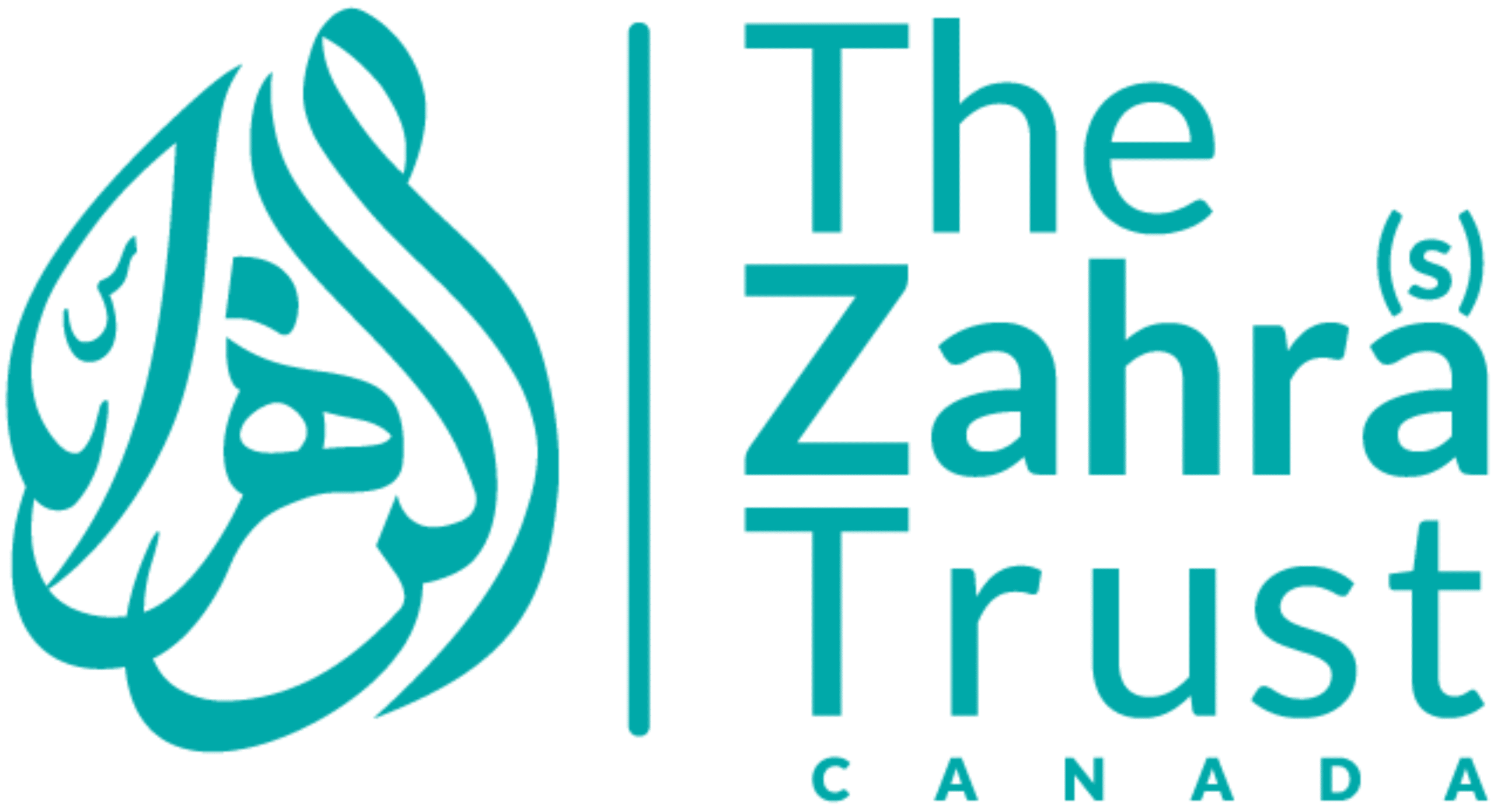

 Donate Now
Donate Now
 Donate
Donate
